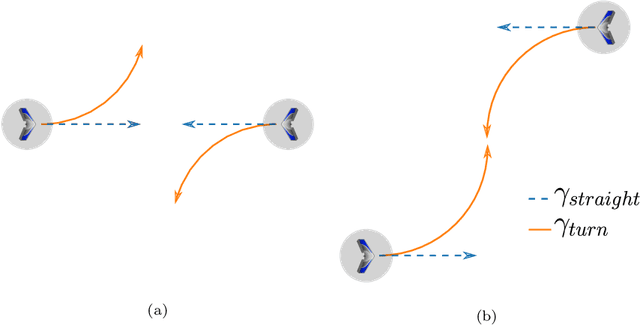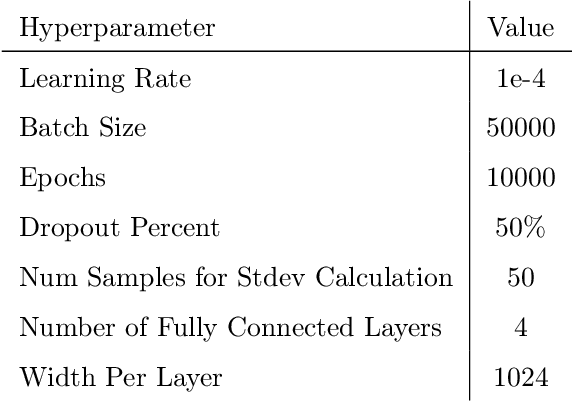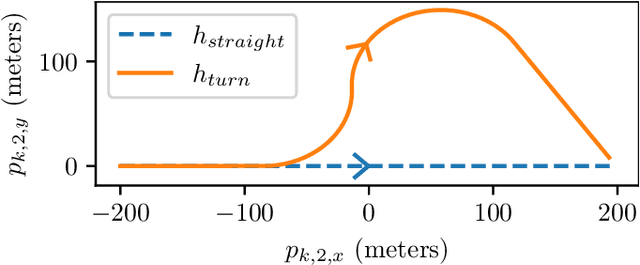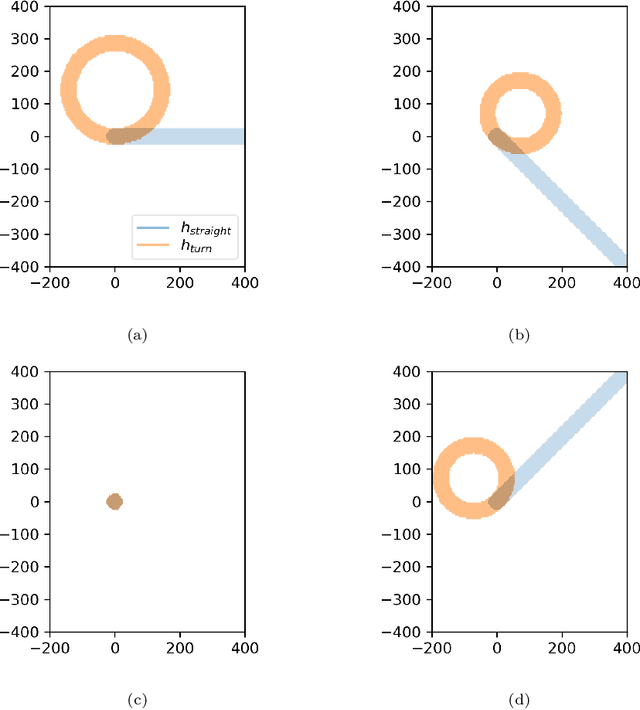Model Free Barrier Functions via Implicit Evading Maneuvers
Paper and Code
Jul 27, 2021



This paper demonstrates that in some cases the safety override arising from the use of a barrier function can be needlessly restrictive. In particular, we examine the case of fixed wing collision avoidance and show that when using a barrier function, there are cases where two fixed wing aircraft can come closer to colliding than if there were no barrier function at all. In addition, we construct cases where the barrier function labels the system as unsafe even when the vehicles start arbitrarily far apart. In other words, the barrier function ensures safety but with unnecessary costs to performance. We therefore introduce model free barrier functions which take a data driven approach to creating a barrier function. We demonstrate the effectiveness of model free barrier functions in a collision avoidance simulation of two fixed-wing aircraft.
 Add to Chrome
Add to Chrome Add to Firefox
Add to Firefox Add to Edge
Add to Edge